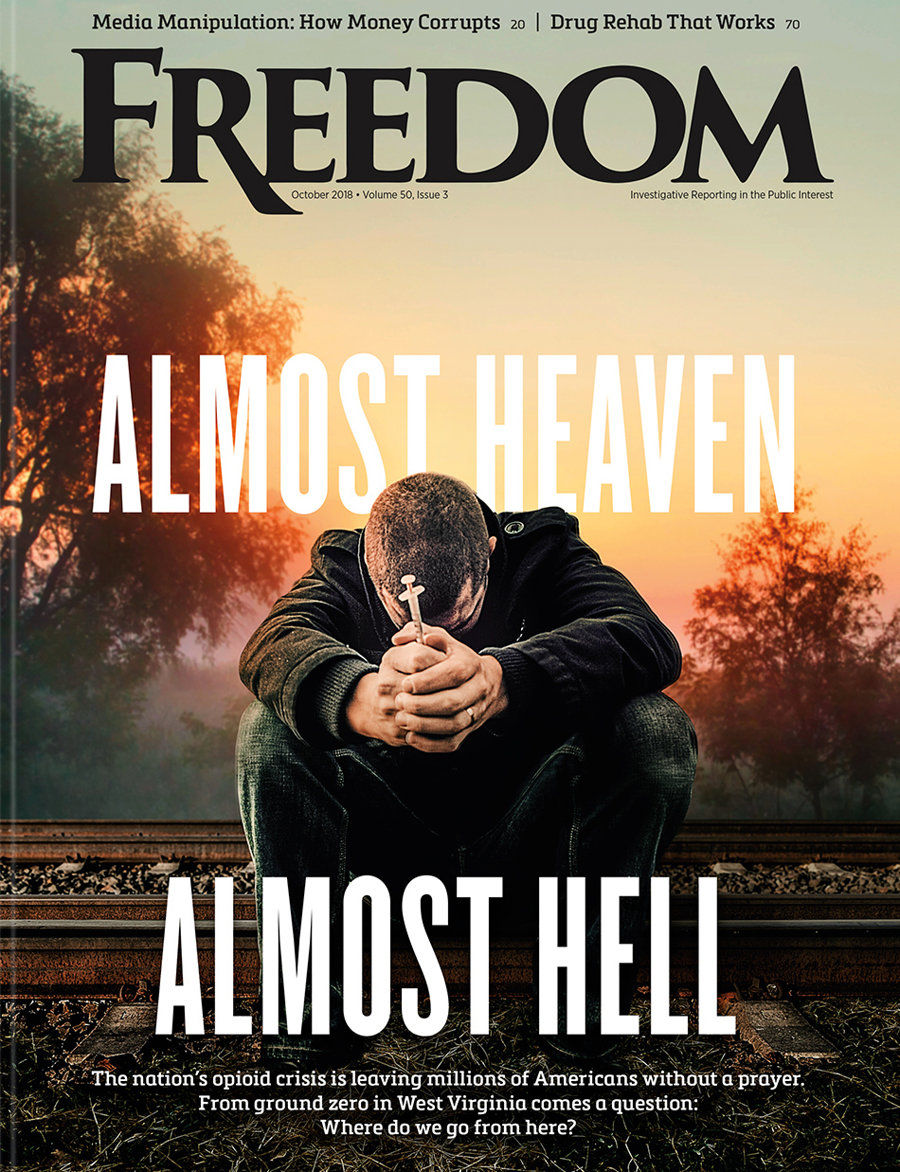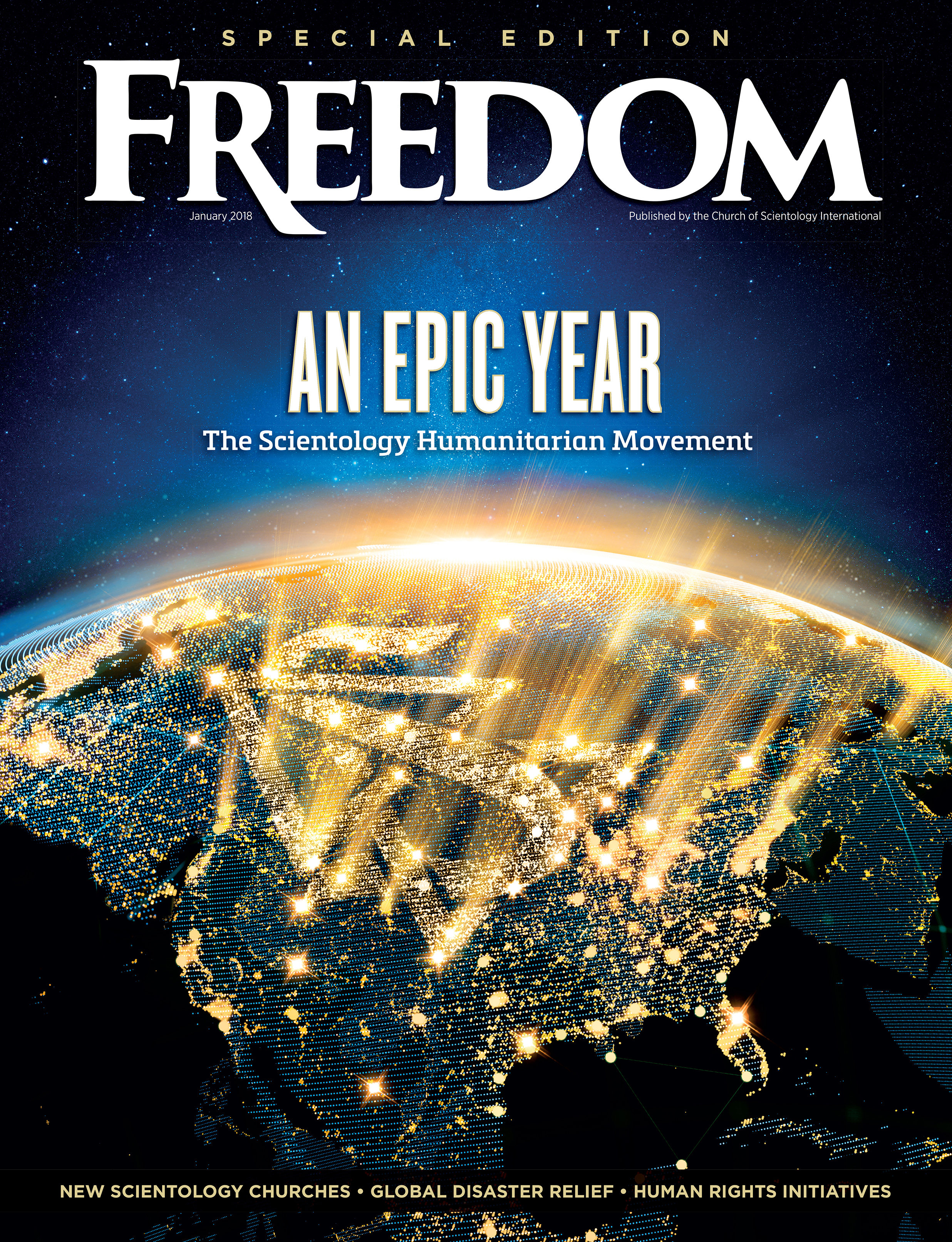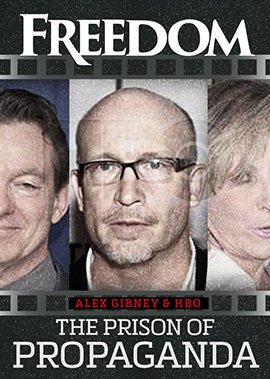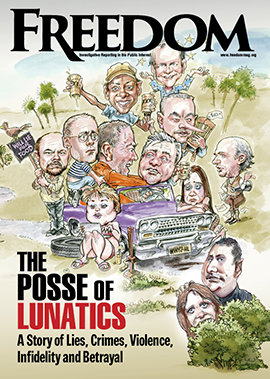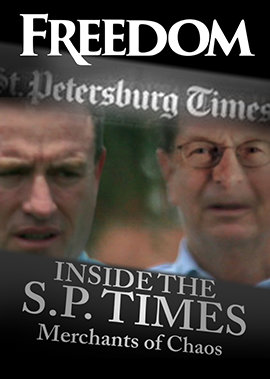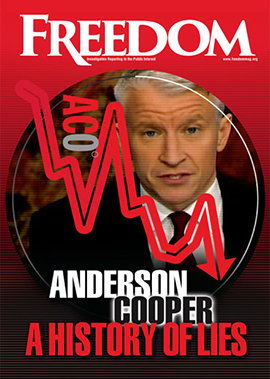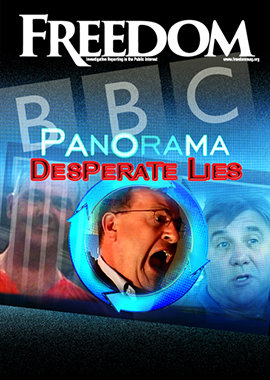Sure you do.
It would be horrible. Horror upon never-ending horror. Millions would die—instantly or later from radiation poisoning, leaving behind only cockroaches to feast on their charred remains.
Think Mad Max. Nuclear winter would block the sun and plants would die. Food and safe, non-glowing water would disappear. Economies would crash. Societies would shatter. Major cities would be devastated. Entire countries—even continents—would bite the irradiated dust, uninhabitable for hundreds of years (in the unlikely event there would be anyone left to inhabit them).
Let’s face it: You know it would be a nightmare, an extinction-level event, horrible beyond our wildest imagination. We’ve all known that since the teachers made us hide under our classroom desks in the ’50s and we first saw those terrifying photos of giant mushroom clouds over Hiroshima and Nagasaki.
If nuclear war breaks out, it won’t matter how many studies were done. There won’t be anyone left to read them.
But apparently most of the United Nations’ member countries don’t know what it would be like. They want to appoint an illustrious panel of wise, scientific eggheads to figure it all out and write a scholarly study that “informs” us of what we already know.
Our question is: Why?
On November 1, the UN General Assembly voted overwhelmingly to approve a study of the effects of thermonuclear war. Some 144 member nations, practically everyone from Algeria to Zimbabwe, voted to launch the study, while only France, Russia and the United Kingdom voted against it. Thirty countries, including the US, abstained from voting—in effect, saying no.
The study was proposed by Ireland and New Zealand, two nations which, of course, do not have atomic weapon stockpiles, yet still feel they have skin in the game.

The resolution calls for the appointment of 21 panel members to conduct the study and report their results to the UN. The UN expects the final report to be due in 2027, meaning it’s going to take these guys quite a while to determine what everyone else already knows. So let’s cut to the chase. Here are the results: Everyone get your fingers off the nuclear button, right now, or it’s going to be total Armageddon.
In April, the G7 countries’ national science academies in Canada, France, Germany, Italy, Japan, the UK and the US released a statement which proves beyond a mushroom cloud of a doubt that they already know very well what the results of thermonuclear war would be.
“A full-scale nuclear war between the nations with the largest arsenals would result in devastation to those nations and would cause harm worldwide,” the statement read. “In addition, several recent scientific studies conclude that … nuclear wars between nations with smaller arsenals could have substantial effects beyond the early fatalities, which themselves could range up to hundreds of millions of people.
“Depending on the scale of use of nuclear weapons, there is the potential for the destruction of entire ecosystems and extinction of species, due to the direct impact of explosions and fires and altered climatic conditions. In the worst cases this could be on the scale of a mass extinction.”
Pretty well explains things, doesn’t it?
We cannot give up on our goal to evolve into better human beings.
“Nuclear war would have devastating consequences for humanity,” a spokesperson for the UK Foreign Office told The Guardian as explanation for why the UK voted against the resolution. “We don’t need an independent scientific panel to tell us that.
“The UK remains fully committed to its obligations under the Nuclear Non-Proliferation Treaty (NPT). The resolution does not advance this cause.”

So why do the “study”?
The punch line is this: If nuclear war breaks out, it won’t matter how many studies were done. There won’t be anyone left to read them.
You want a horror story? Something with enough horror to stop a nuclear war? The Marshallese, the unwilling test subjects of extensive atomic bomb testing between 1946 and 1958—when the US set off 67 nuclear bombs in the atolls they called home—can tell you exactly what the results of the UN study would be.
Marshallese were dosed with high levels of radiation. Their homes were destroyed and left uninhabitable. They suffered from liver and stomach cancers, leukemia, thyroid tumors and eye problems, and their women gave birth to monster “jellyfish babies,” born with transparent skin and no bones.
“We can see their brains and their hearts beating,” said Marshall Islander Lijon Eknilang. “They have no legs, no arms, no head, no nothing.” She described how the babies stopped breathing after one or two days.
There’s real horror for you. And you don’t need 21 scientists to find it.
“For us, the important thing is to keep our story out there,” Jack Niedenthal, former secretary of health and human services for the Marshall Islands, told Freedom. “A study that details what happened out here, I’m all for it. The Marshall Islands is probably the most dramatic place, because it turned into an accident with human casualties.”
He’s right. The Marshall Islands story should never be forgotten. If the UN wants a study to frighten people away from starting a nuclear war, just tell the tragic story of their people’s suffering. We all need to learn and relearn their history—their near-annihilation. We need to take this lesson with us if we want to survive.
But a study like this is neither a diagnosis nor a cure.
It’s an autopsy.
We cannot give up on our goal to evolve into better human beings with a shining future before us, instead of agony and glowing ashes.
Who knows? We’re going to have 21 top scientists sitting around in a conference room—allegedly very smart guys—talking. Let’s see if they can come up with something to remove this insanity, this nightmare, this horror beyond horrors from our planet, once and for all.
Because what if some insane mind belonging to some deranged leader—and there are plenty out there—has a look at the “results” of this study. What if they decide, “Hey, that’s not so bad!” and reach for that big red doomsday button on their desk?
As L. Ron Hubbard wrote in the final pages of Dianetics: “There is a higher goal, a better goal, a more glorious victory than gutted towns and radiation-burned dead. There is freedom and happiness and plenty and a whole Universe to be won.
“He who would not see it is far from worthy to rule. He who would indulge his hates is too insane to advise.
“How much can Man conquer? He loses if he conquers Man. He wins if he conquers his own fears and conquers then the stars.”






